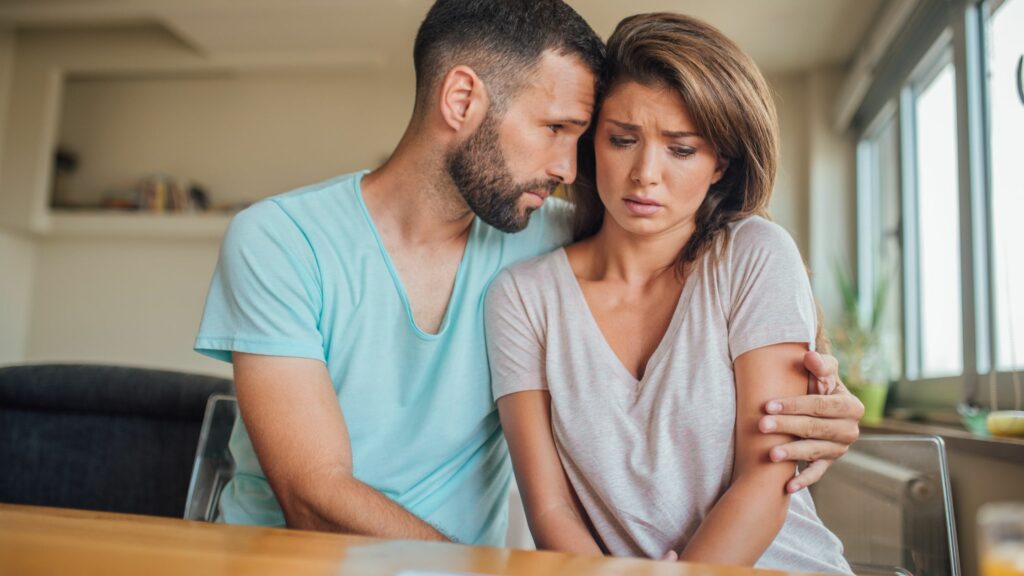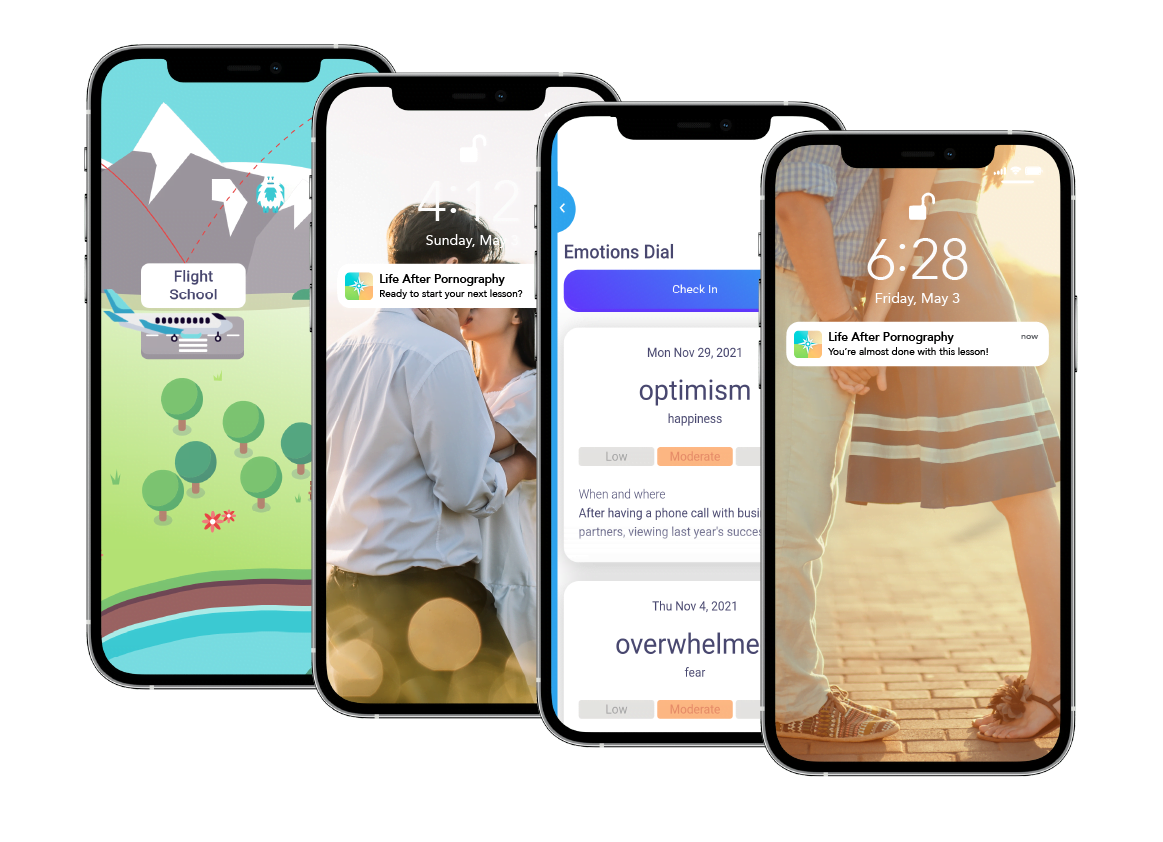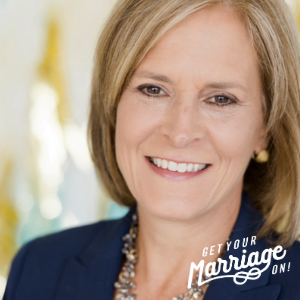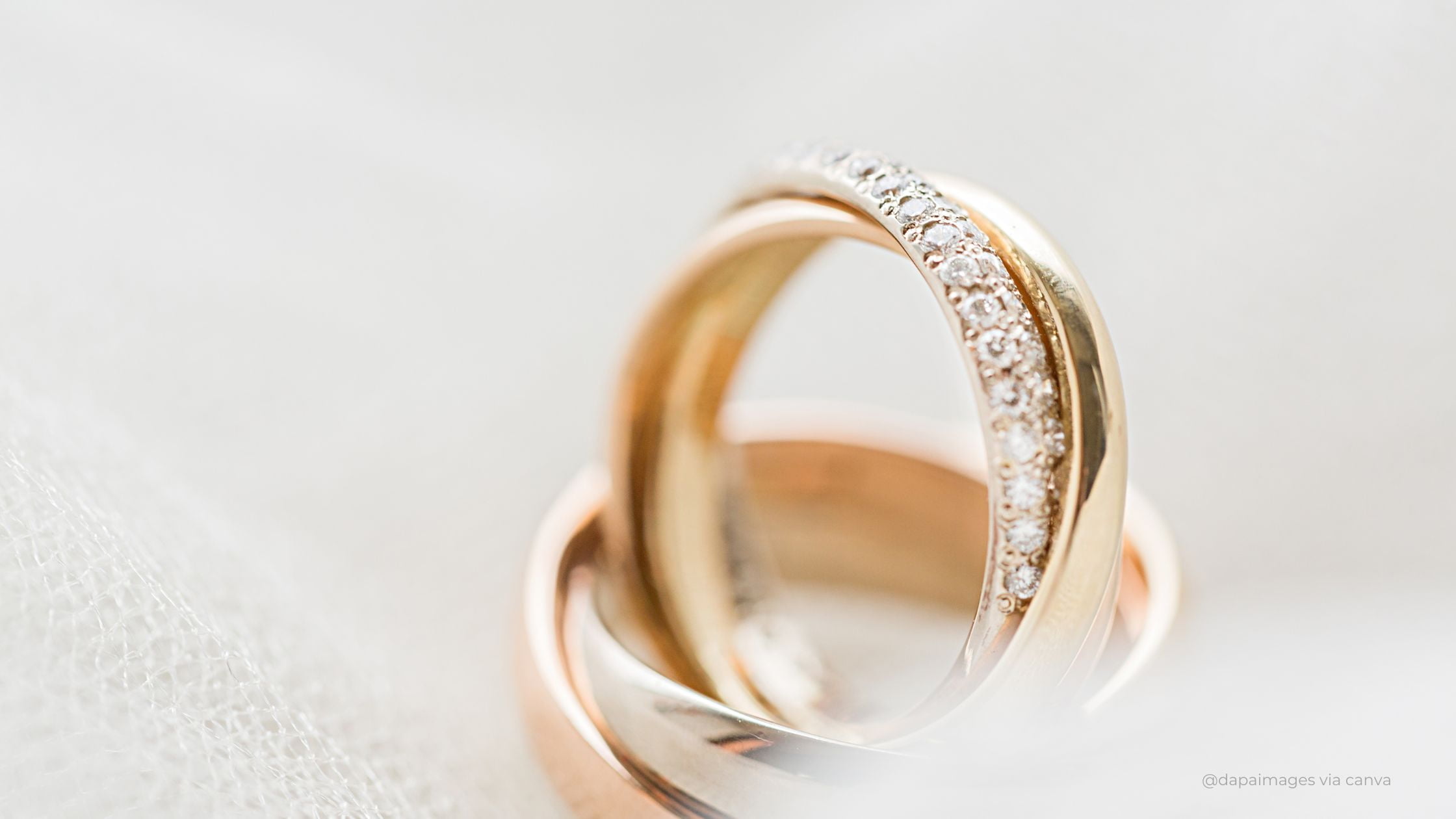
Pornography. You’ve heard jokes about it. You’ve been lectured about it. It’s this big scary thing that ruins relationships and desensitizes teens. But how prevalent is it really? Is viewing pornography really an addiction? And what can be done about it?
This post is going to give you a brief overview of pornography in Christian marriages, it’s causes and effects, and some helpful resources for couples who are adversely affected by pornography.
How Prevalent is Pornography use in Christian Marriages

On our Instagram page, we polled our followers to see how many have been affected by pornography. As shown in the infograph, 63% of respondants said they or their spouse have struggled with pornography. In addition, 50% said pornography has affected their marriage.
What are the Effects of Pornography?
Thousands of studies have been conducted on the effects of pornography. These meta analysis studies (Fagan 2009 and Oddone-Paolucci 2000) and many others like them show that continued pornography use can lead to greater desensitivity to violent and/or abusive sexual acts. It can also degrade trust and confidence in a relationship. Although some studies have found viewing small amounts of pornography may have a positive effect as far as accepting one’s own sexuality, the majority of research clearly illustrates that extended pornography consumption leads to negative developments physically, emotionally, and relationally.
It is important to note that viewing pornography casually, or even more than casually, is not necessarily a “pornography addiction”. Addiction implies that someone is reliant on something. Labeling any pornography “problem” as an addiction can be harmful because it makes the person feel ashamed and hopeless that they can stop. Pornography use is harmful in excess (especially in a relationship), howevee labelling it an addiction can actually be harmful to the situation.
What is the Cause of Pornography Use?

Although pornography is related to desensitivity to harmful sexual acts and degrades trust and confidence in a marriage, pornography itself is not the problem. More often than not, pornography is a symptom of a deeper issue.
People find themselves turning to pornography when they are tired, stressed, lonely, or feeling a lot of negative emotions. Viewing pornography is an easy way to release good hormones in the brain, similar to those released when drinking alcohol or smoking. Just taking away the harmful substance doesn’t address the root of the problem, which is the emotion or situation that person was trying to escape from.
Similarly, trying to just get rid of any and all access points is not the most effective way to stop pornography use as the root problem is left untouched. Blame and shame are not the answers to helping people stop using pornography. Shame-based treatment of pornography use will lead to more negative feelings, which could in turn lead to more pornography use!
So what will help someone stop harmful and unwanted pornography use? It’s impossible to address such a big issue in a blog post, but we’ll share a few pointers and some resources that will help both those who struggle with pornography and their spouses.
What Will Help People Stop Consuming Pornography?

Changing our Mindset
So many people feel hopeless that they will ever be able to get over their problem with pornography. Often, those trying to help use shame methods. Those closest to the person struggling see it as a moral defect, and therefore take away love and support right when they are needed most. The first step to recovery is to realize you are not broken, and you are not incapable.Trying harder is not going to help when you have the wrong tool. This idea is elaborated on beautifully in our podcast episode 87: Healing From Pornography with Zach & Darcy Spafford.
Darcy Spafford also does a great job explaining that, as the supporting spouse, “making [them] prove [their] worth is only going to make the problem worse”. Instead of seeing your spouse’s pornography use as a moral defect or believing you can control how they access pornography, choose instead to see the bigger problem. See them as your loving partner who is struggling with some heavy emotions. Be a support instead of one more source of guilt.
Please note, I know how hard this can be. Finding out your spouse is viewing pornography can lead to major self-doubt, fear, and sadness. These feelings are also valid. If at all possible, see your spouse as an ally in the fight against pornography, and not the thing you are fighting against.
Using the Right Tool
When battling pornography use, it’s so important to have the right tools. We offer a few tools here at Get Your Marriage On! That can hep address the root of the problem and lead to healing for pornogaphy users and their spouses.
- The Life After Pornography (LAP) app: This app was designed to help people find a better way to cope. The LAP app doesn’t treat pornography as the enemy or teach that you should feel bad about yourself and who you are because you choose to use pornography to self-soothe (for Androids or iPhones).
- Workshops: We also have Dan Purcell and his live participants talking about their real stories and how they’ve succeeded in our Overcoming Pornography Use (March 2022 Workshop).
- Coaching Sessions: Lastly, we offer one-on-one coaching sessions with our founder, Dan Purcell, for more personalized help.
Don’t Lose Hope

You can do this! No matter how long you have been trying, I believe every person is capable of healing from pornography use. You may have gone through several resources looking for answers. You may be feeling like an awful person because you cannot will yourself out of this problem.
If that is you, know that you are still worth the effort. Know that this problem does not define you. This is not the sort of thing you can just will yourself out of. If you want to stop weeds growing in a garden, it may seem futile to keep pulling and pulling weeds that keep growing back. If you want to keep the weeds out, you have to plant something in their place. Similarly, instead of just beating yourself up every time you slip up and view pornography, learn to replace this bad coping habit with a good one. Ponder what emotions or situations lead to pornography use for you. Use the LAP app or another resource to walk you through the process, and be willing to reach out for help if you need it. We are here for you.
Be kind to yourself, and trust that it is possible to fully move on.

Written by Amanda Severson with Get Your Marriage On!






